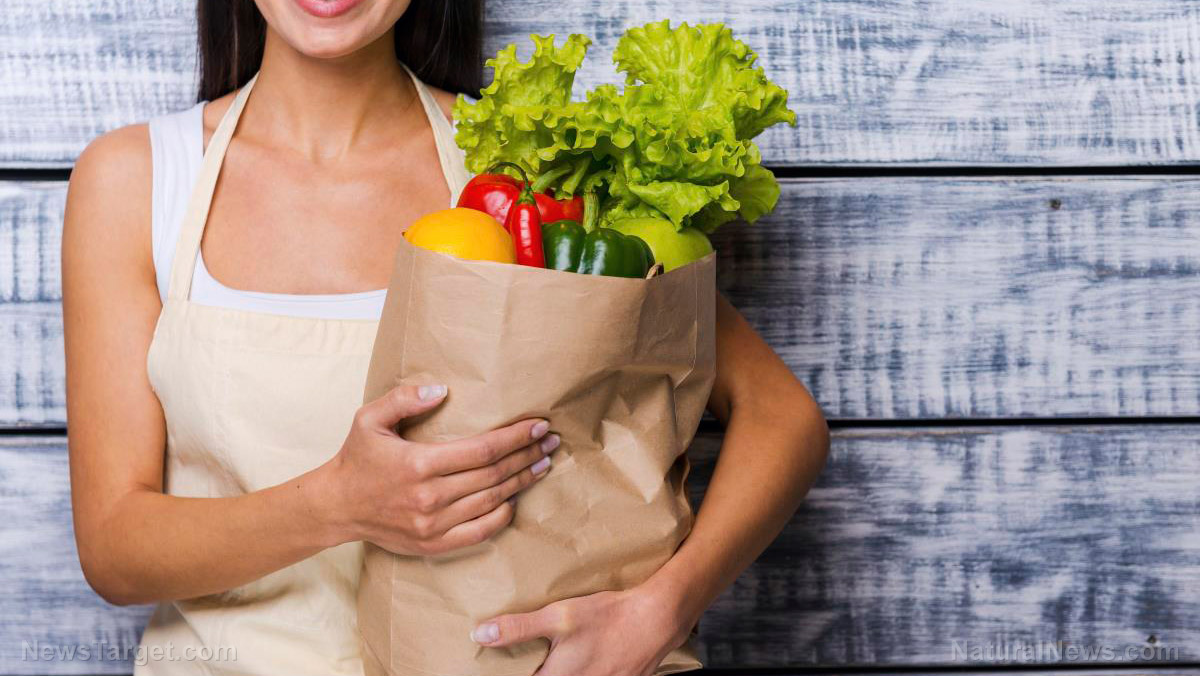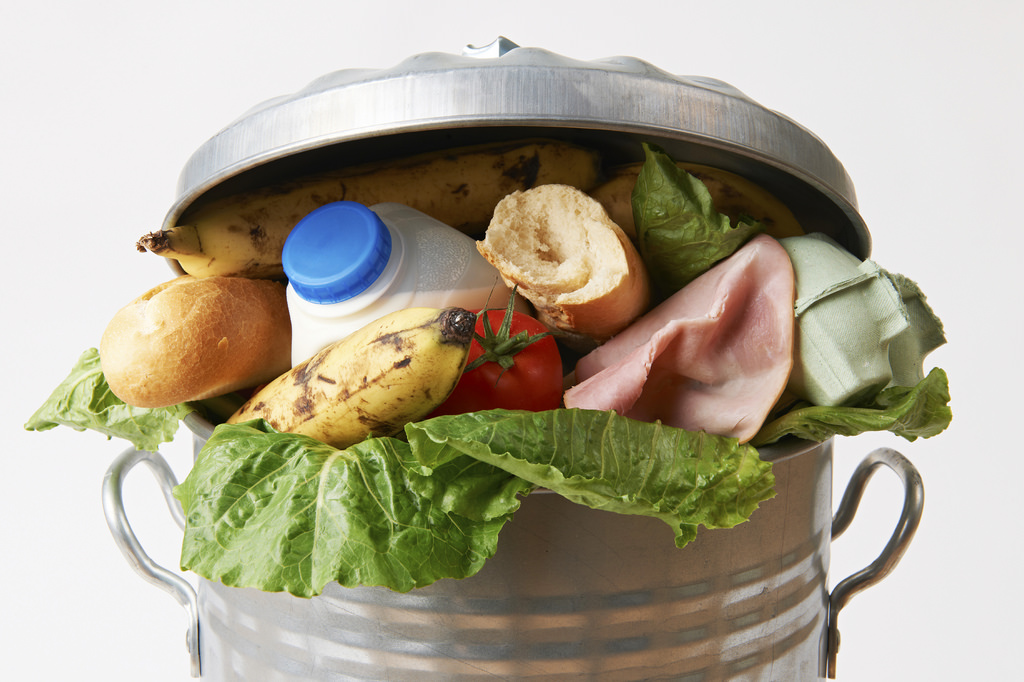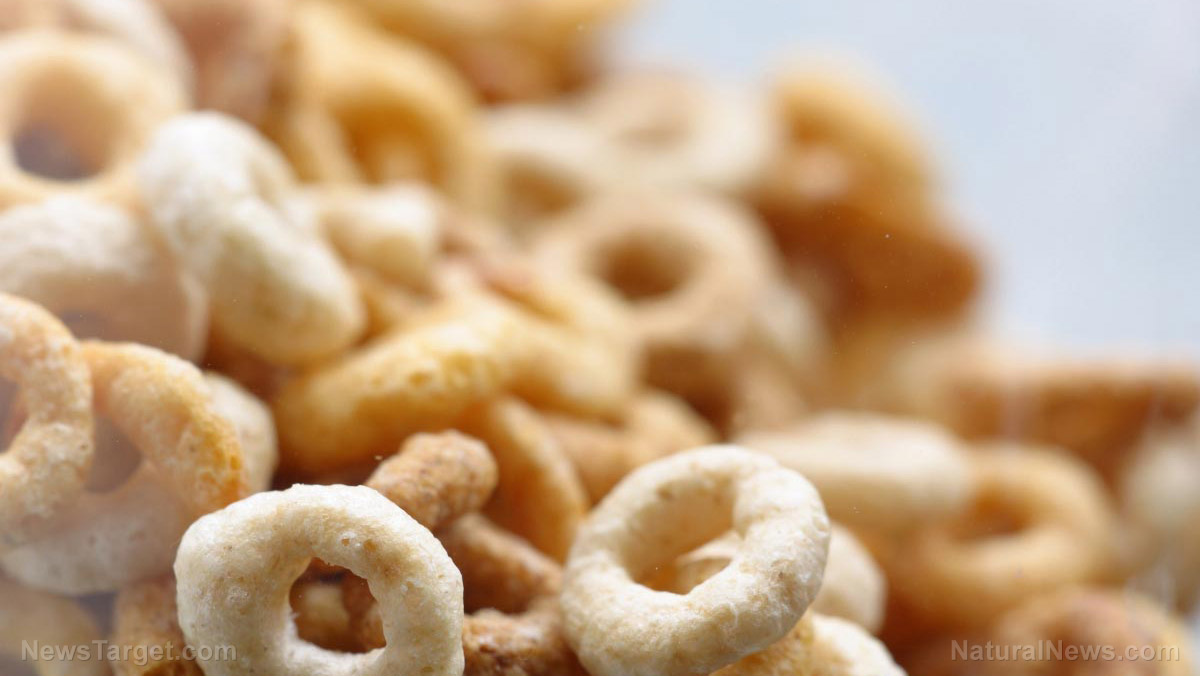7 Ways to encourage healthy eating amid stay-at-home lockdown
04/13/2020 / By Divina Ramirez

The quality of a diet largely depends on an individual’s food choices. But it can also be influenced by the availability of fresh and nutrient-dense foods.
Given stay-at-home orders to help prevent the spread of coronavirus, many people have stockpiled non-perishable foods like canned meat, dried fruits and prepackaged vegetables, which can last several days to avoid frequent trips to the supermarket. After all, most restaurants and retail food establishments are closed, which doesn’t leave the general population much of a choice.
But most non-perishable foods contain little to no nutrients. Regular consumption of unhealthy foods can only lead to nutritional deficiencies and a poor immune system.
Amid the coronavirus pandemic, it is important to follow a balanced diet. Good nutrition can not only nourish the body, but also protect it against viral diseases like COVID-19. Fortunately, it is still possible to eat healthily. Here are seven ways to build healthy eating habits during the lockdown.
Choose nutritious foods
A balanced diet should contain a variety of nutrient-dense foods. No food is a one-stop-shop for all the necessary nutrients you need on a daily basis, so be sure to incorporate basic food groups, such as grains and meat, into meal plans and recipes.
Eat foods like fruits and vegetables, which provide a huge chunk of the micronutrients that the body requires to function normally. Fruits like berries and citrus fruits contain the highest concentrations of immune-boosting antioxidants like vitamins A, C, E and K. Fruits are also excellent sources of minerals like iron, potassium, calcium and magnesium.
Leafy greens and cruciferous vegetables have antioxidant and antibacterial compounds that combat pathogens. You should also eat plenty of whole grains to ensure adequate amounts of dietary fiber, which allows the body to readily absorb nutrients.
The body also requires a fair amount of fat, so use healthy oils like extra virgin olive oil and sesame oil that contain heart-healthy omega-3 fatty acids.
Practice healthy eating habits one step at a time
Habits don’t develop overnight, so don’t try to accomplish too much at once. Incorporate healthy eating habits into a daily routine one step at a time, so you don’t overwhelm yourself. For instance, you can start by limiting the amounts of sweets and artificially sweetened drinks that you consume. Let yourself get used to that new practice before moving on to the next healthy habit that you want to develop. Afterward, you can, for example, increase fruit and vegetable intake.
Building good habits, or overcoming poor ones, can be immensely challenging at first. But when you start small, you don’t run the risk of getting overwhelmed and giving up halfway into developing healthy eating habits.
Plan your meals
A good way to conserve foods and cut preparation time is to plan your meals. For instance, before you head to the supermarket, prepare a list of the foods that you need to cover a week’s worth of meals. Double-check recipes to ensure you get all the necessary ingredients so you do not have to do a second trip to the supermarket in the middle of the week. Try to stick to the grocery list to avoid junk foods and processed foods.
Additionally, you should aim to buy enough groceries to last a week at the very least. This way, you minimize the number of times that you are outside, where the risk of infection is high.
Engage the entire family or household
It is easier to build healthy eating habits if the entire household supports the effort. Try to get family or household members to participate in small tasks like washing the vegetables or pre-portioning freezer meals, sauces and ingredients. Plus, you can also encourage family or household members to avoid processed foods and increase fruit and vegetable intake.
Celebrate the small victories
When you celebrate the small victories, you acknowledge progress and boost self-confidence. If you have a target weight in mind, celebrate baby steps like portion control and consumption of fewer calories. If you have been trying to cut back on sugar, celebrate the one-week mark since you last had a chocolate bar or soda. Small victories not only serve as a reminder of the overarching goal, but also give you a clear picture of the steps you need to take to get there.
Be mindful of portions and cravings
There are only so many things you can do inside the house before boredom strikes. For many people, food provides a way to kill time and minimize anxiety, especially given stressful situations like a pandemic. But make no mistake – boredom isn’t a free pass to binge-eat the snack stockpile. Oftentimes, it only takes one slip-up to undo healthy habits, so be mindful of unhealthy cravings and portion sizes.
Designate a day off
Most businesses are suffering huge losses amid the pandemic, none more so than local ones. Designate a day in which you do not cook at all. Instead, support a local food establishment and order to-go meals. It’s a good way to support members of the community and enjoy a delicious meal at the same time.
Stay-at-home orders during the coronavirus pandemic have quickly initiated a new state of “normal,” especially regarding diet and nutrition. Despite a lack of nutrients and the presence of additives, foods like canned meat, powdered milk and pre-made sauces are often the quickest to be wiped out from supermarkets.
Given the current situation, healthy meals can seem intimidating and challenging to do on a regular basis. But with preparation, patience and encouragement, you can still cook filling and nutritious meals despite the lockdown.
Plus, a global pandemic is the best time to build healthy eating habits. Good nutrition can not only prevent nutritional deficiencies, but also help protect the body against diseases like COVID-19.
Sources include:
Tagged Under: clean food, coronavirus, covid-19, diet, eating habits, emergency food, food cures, food is medicine, functional food, grocery, health habits, healthy diet, healthy eating, immune system, isolation, lockdown, longevity, meal planning, meal preps, outbreak, pandemic, prevention, quarantine, supermarkets, survival food
RECENT NEWS & ARTICLES
CleanFoodWatch.com is a fact-based public education website published by Clean Food Watch Features, LLC.
All content copyright © 2018 by Clean Food Watch Features, LLC.
Contact Us with Tips or Corrections
All trademarks, registered trademarks and servicemarks mentioned on this site are the property of their respective owners.


















